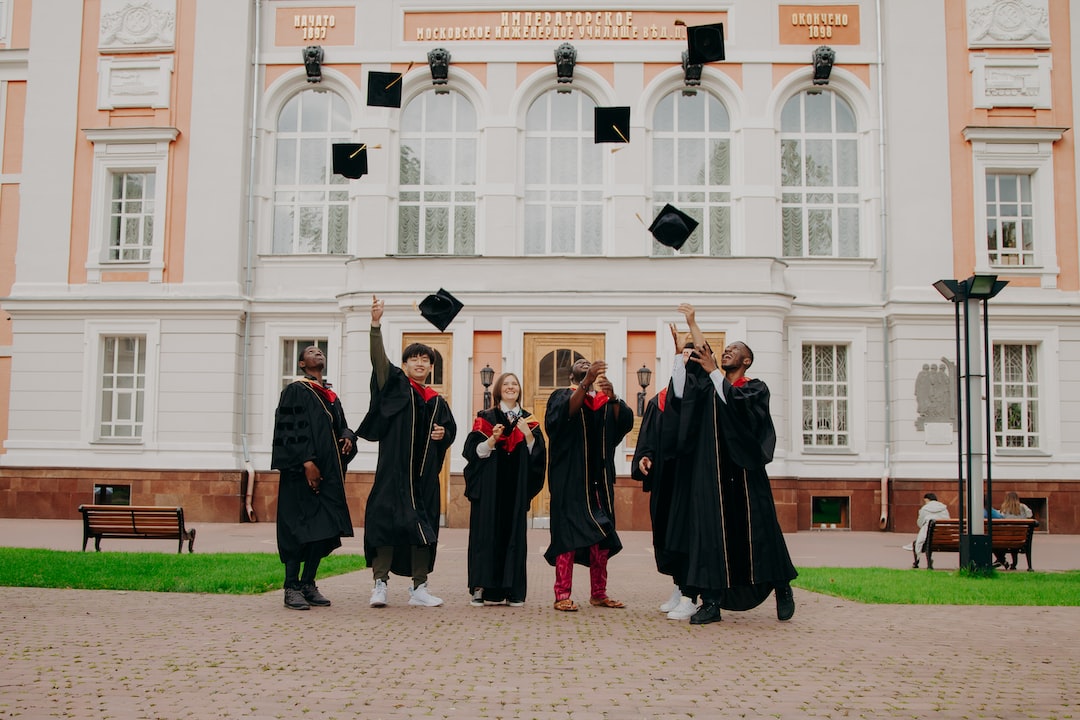Physical education is an integral part of the overall educational program, as it provides numerous benefits that help students develop physical, mental, and social abilities. Physical activity is particularly important in the school setting, as it enhances learning and academic performance, prevents obesity, and promotes lifelong habits of physical activity.
The following are some of the key benefits of physical education in schools:
1. Promotes Physical Health: Physical education classes encourage children to engage in physical activities that boost their overall health. Regular physical activity can reduce the risk of obesity, cardiovascular diseases, osteoporosis, and other health problems. Besides, PE classes provide the opportunity for students to learn about the importance of staying healthy and maintaining a healthy lifestyle.
2. Improves Academic Performance: Research shows that physical activity can improve academic performance. Exercise increases blood flow and oxygen to the brain which enhances cognitive functioning, memory, and attention span. Additionally, physical activity can help children to reduce stress and anxiety, which can lead to a more relaxed and focused learning environment.
3. Promotes Socialization Skills: Physical education classes offer a unique environment for children to interact and socialize with their peers. Students work together in teams, which helps to build cooperation, communication, and interpersonal skills. Besides, having fun with other children can promote positive social interaction and help students make new friends.
4. Builds Strength and Endurance: Physical education classes are designed to improve strength and endurance. Through regular participation, students can enhance their muscular and cardiovascular endurance, which can lead to better overall physical fitness. Moreover, regular physical activity can help students stay active and live a healthy lifestyle for the rest of their lives.
5. Develops Motor Skills: Physical education classes provide opportunities for children to develop and enhance their gross and fine motor skills. Through a variety of activities such as running, jumping, catching, and throwing, students can enhance their coordination and balance.
6. Teaches Life Skills: Physical education classes teach students essential life skills such as perseverance, time management, commitment, and goal setting. Additionally, teamwork and leadership skills are fostered, which can be transferred to other areas of the student’s life.
In conclusion, physical education is a fundamental part of a child’s education. It offers numerous benefits that promote physical health, academic performance, and socialization skills. The development of life skills, strength, and endurance, and motor skills are also enhanced. Physical education classes should be a priority in every school curriculum, as they provide students with the necessary tools to live a healthy and fulfilling life.

